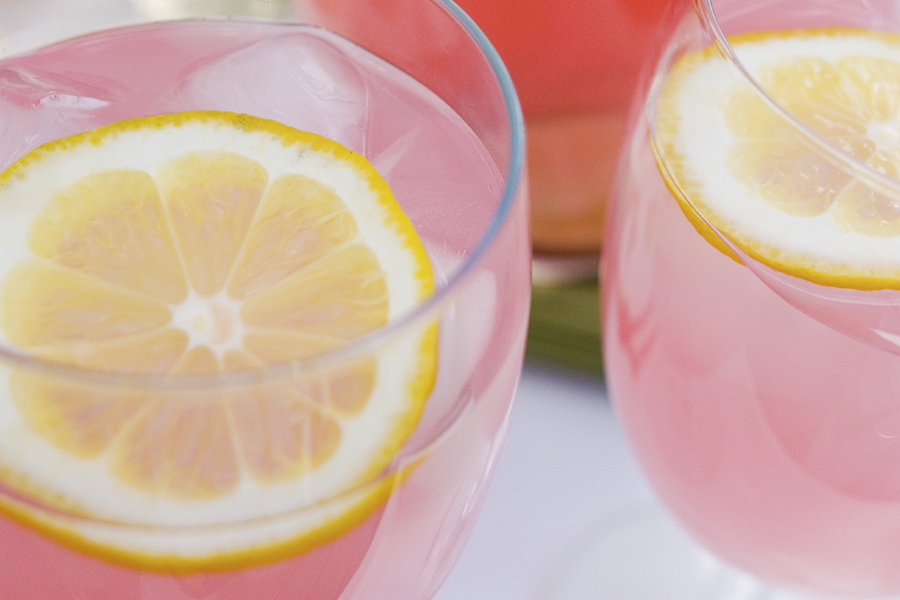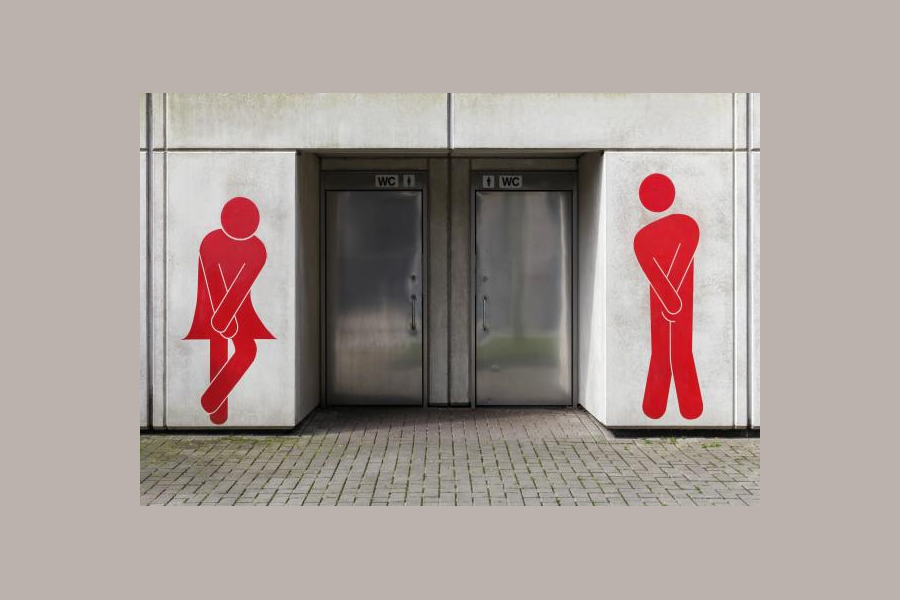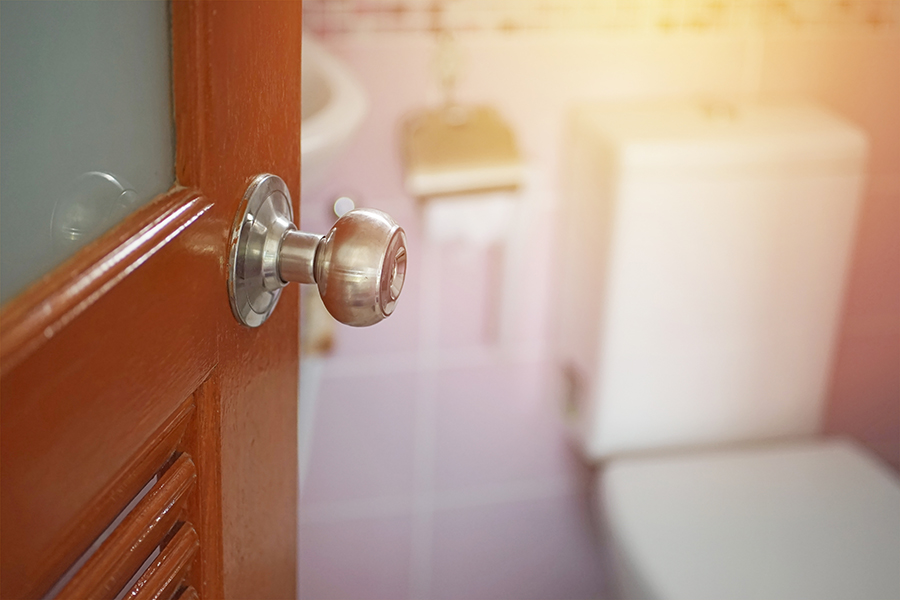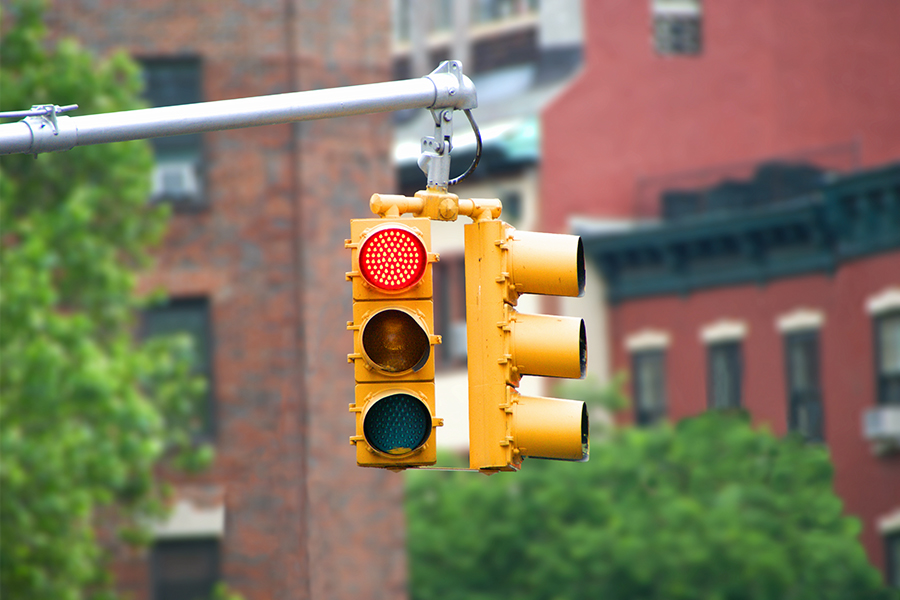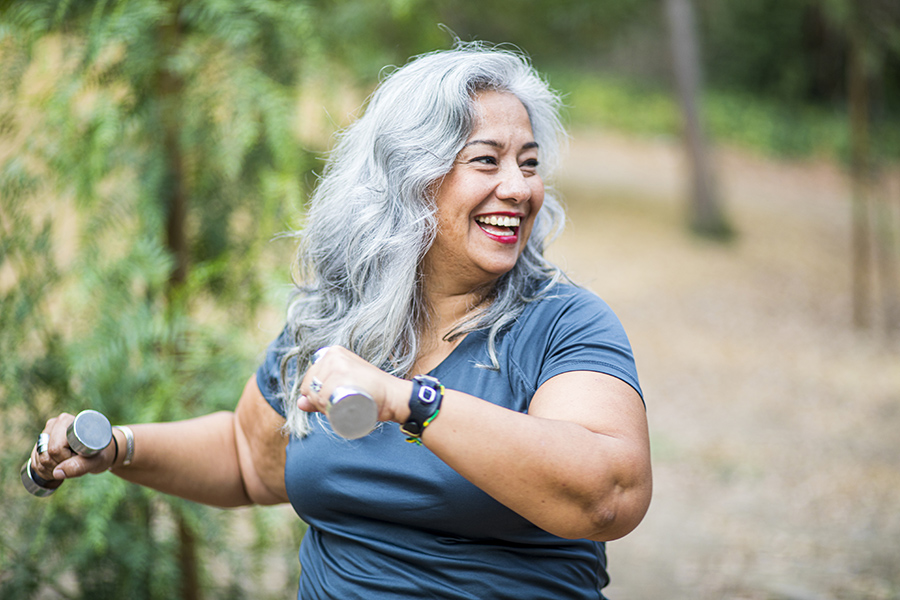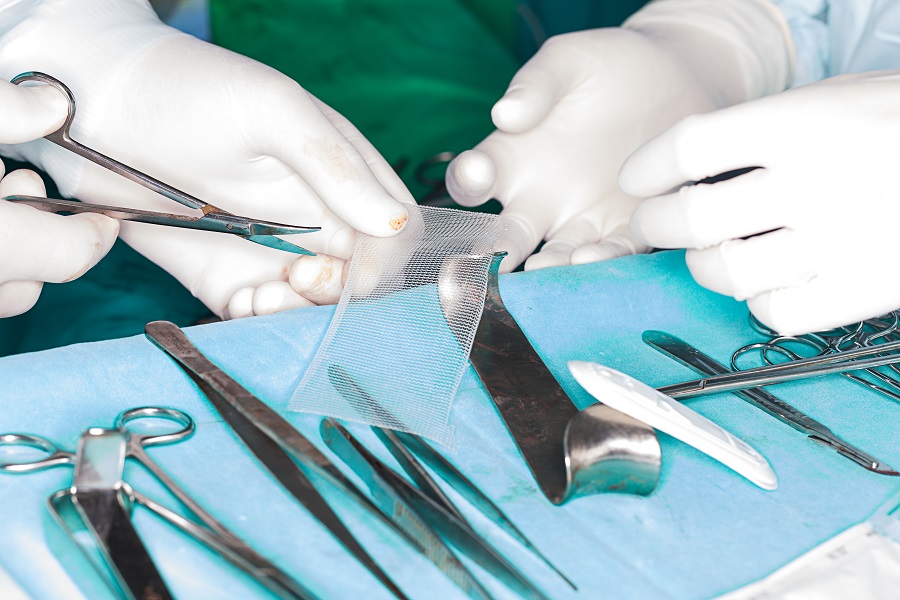The incontinence and nutrition experts at Shield HealthCare have consulted with on-staff Registered Dietitians to provide this valuable information about the link between incontinence and nutrition.
How can the diet affect bladder control?
Although there is no special diet to cure incontinence, there are certain dietary matters you should know about. Many people with bladder control problems reduce the amount of liquids they drink in the hope that they will urinate less. This can create highly concentrated, irritating urine which can make a person have to go to the bathroom more often. This encourages the growth of bacteria, which can lead to infections. Certain foods and beverages are thought to contribute to bladder leakage. Their effect on the bladder is not always understood, but you may want to see if eliminating one or all of the irritants listed below improves bladder control.
Common bladder irritants:
- Alcoholic beverages
- Carbonated beverages (with or without caffeine)
- Milk or milk products
- Coffee or tea (even decaffeinated)
- Medicines that contain caffeine
- Citrus juice & fruits
- Tomatoes or tomato-based products
- Highly spiced foods
- Sugar
- Honey
- Chocolate
- Corn syrup
- Artificial sweeteners
Fluids to ADD to the diet:
- Water
- Grape juice
- Cranberry juice
- Apple juice
- Lemonade
Proper hydration and water intake
Water is essential for body functions including digestive, absorption, circulatory and excretory functions, as well as the absorption of water soluble vitamins. Water also is required for the transport of nutrients and waste within our bodies, to make saliva, cushion joints and plays a major role in temperature regulation.
Estimating fluid requirements:
- 40ml/kg for active 16-30 years of age
- 35ml/kg for 20-55 years of age
- 30ml/kg for > 55-75 years of age
- ˜25ml/kg for >75 years of age (also applies for renal/cardiac involvement)
Example:
For a 55 year-old at 150 pounds = 68 kg x 35ml = 2,380 ml or 10 cups/day (8 oz.)
Conditions with a risk of underhydration: Alzheimer’s disease, depression, CVA, infections, malnutrition, incontinence.
Medications associated with dehydration: Diuretics, psychotropics, laxatives, steroids, ACE inhibitors.
Sources: The Simon Foundation, The National Association For Continence, ASPEN







